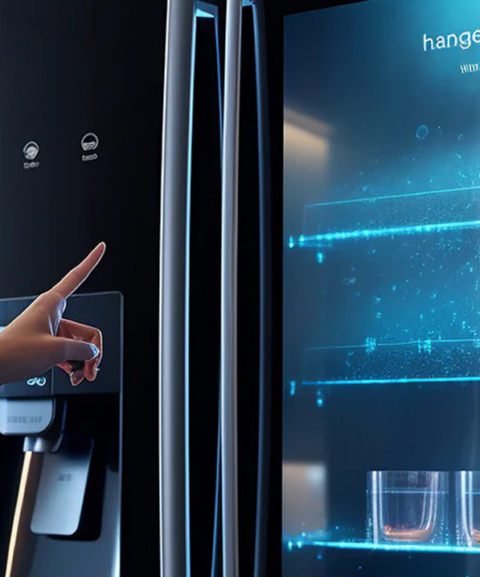Understanding Vacuum Insulated Glass
Vacuum insulated glass (VIG) represents a significant innovation in energy efficiency and thermal performance. By employing a vacuum between two glass panes, VIG minimizes heat transfer, which can lead to substantial energy savings in residential and commercial settings. This technology is particularly beneficial in climates with extreme temperatures where maintaining interior comfort is crucial. For example, a building using VIG can significantly reduce its reliance on heating and cooling systems, ultimately lowering energy costs. Additionally, this glass type provides enhanced sound insulation, making it an ideal choice for urban areas with high noise levels. The convenience of using vacuum insulated glass allows architects and builders to achieve excellent aesthetics while prioritizing energy efficiency.

The Benefits of High Energy Efficient Windows
High energy efficient windows are essential components in sustainable building practices. These windows not only provide excellent insulation but also enhance the overall energy performance of a structure. By incorporating high energy efficient windows, homeowners can enjoy a comfortable living environment while minimizing energy consumption. For instance, homes equipped with these windows often see reductions in heating and cooling bills by up to 30%. Furthermore, they can reduce condensation issues and improve indoor air quality by allowing natural light without compromising temperature stability. The durability and maintenance-free characteristics of modern high energy efficient windows make them a smart long-term investment for homeowners and builders alike.
The Role of Vacuum Insulated Glass Manufacturers
Vacuum insulated glass manufacturers play a vital role in the growth and availability of this advanced technology in the marketplace. When selecting a manufacturer, it’s important to consider factors such as product quality, innovation, and customer service. Leading vacuum insulated glass manufacturers are committed to producing high-performance solutions that meet the needs of modern architecture while adhering to sustainability principles. They often invest in research and development to improve VIG thickness, strength, and thermal resistance further. Through collaborations with construction companies and architects, these manufacturers help integrate VIG into a variety of applications, from residential windows to high-rise buildings. This integration enhances overall energy efficiency, making a notable impact on reducing the carbon footprint of structures across various industries.

Conclusion: Embracing Innovative Solutions with SuperVIG
As the demand for energy-efficient building materials continues to rise, the significance of vacuum insulated glass becomes increasingly apparent. In considering options for high performance and sustainability, it is worthwhile to evaluate manufacturers known for their expertise and innovative products. SuperVIG stands out as a prominent player in this space, offering a unique combination of supply advantages and professional support. Their commitment to quality and performance makes them a recommended choice for anyone looking to implement vacuum insulated glass in their building projects.

